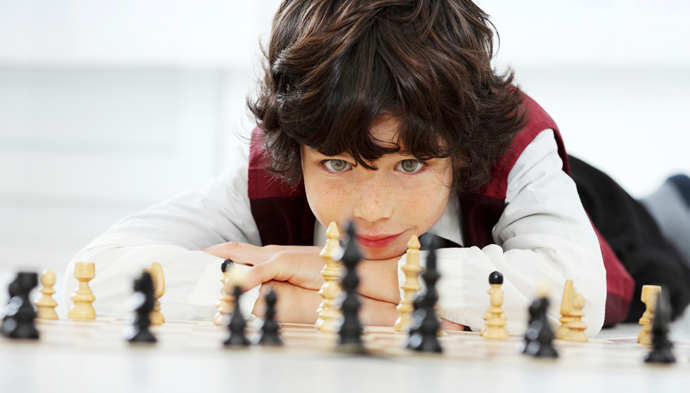Educational games for kids
LogicLike features 2000+ puzzles to develop logic, quick thinking, attention, and memory while playing. Interactive puzzles and brainteasers, puzzles with cells, Sudoku, amusing questions and many more.

- When solving puzzles and brainteasers at LogicLike, you train your brain and improve critical thinking.
- We'll show how to process information effectively and develop logic and math skills.
- Have 20-30 minutes of "me time" while your kid is learning, and then get better school achievements, victories at contests and competitions, and stronger engagement in learning.
While playing, kids discover new things and improve their skills all the time
For kids, game is a natural activity, a basic way to develop thinking skills and their personality. What are children always happy to do? Sure, play! On their own, with their parents or peers, toys, and other things they find interesting.
When playing, children explore the world: they learn about the properties and features of items around them, look into social roles and ways to interact with other children and adults, acquire skills and affirm their independence.
The curious mind of a child is in constant search of something new. It's important not to ignore this quality but, vice versa, use it to improve development and learning of babies, preschoolers, and shool kids.
Educational games and puzzles online at LogicLike
Popular games and puzzles on specific topics
Discover our special puzzles and many more in the LogicLike thinking development course. The learning process starts with easy tasks and moves on to advanced ones.
We've got everything you were looking for
Try the LogicLike course!Educational games and puzzles for any age
What should the logic games for children be like?
Good logic games develop attention and quick thinking, as well as the ability to find out-of-the-box solutions.
- One of the key moments in a kid's natural development is free will, with no pressure from an adult.
- A game should bring positive emotions and encourage to achieve: find the right solution to a problem, give the correct answer, be the first student in a class.
- Children's games to develop attention, thinking, and a power to observe should be very graphic, with bright and easy-to-understand illustrations.
- Puzzles and riddles for preschoolers and elementary school kids should consist of simple sentences, avoid any ambiguity and be about the items, phenomena, and processes that children know.
Each game has its own educational capacity: developing logic, attention, and quick thinking.
Best kinds of logic games for children 5-10 years old

Using games as a basic way to develop logic and thinking is very effective, especially for kids in grades 1-5. Among many games that develop logic, memory, and thinking in elementary school children, we recommend the following:
- Chess and checkers. These games are recognized as the best exercise to train abstract thinking, logic, math, and predictive skills. When playing chess and checkers, children learn to analyze the opponent's actions, think through their possible moves, build logic chains, and make conclusions on their own. Chess also requires a player to be focused, have good memory and demonstrate will, and at the same time involves visual and strategic thinking. Try entertaining puzzles on the chessboard.
- Original tasks. When doing the same exercises over and over again, children get tired quickly and lose interest in learning. To keep mental activity on higher level, kids need to be offered unusual tasks. Solving puzzles makes child's mind work faster and be more attentive.
- Math puzzles. Math games make learning more fun and diverse. To develop logical thinking, puzzles should become more advanced and vary a lot.
- Logic puzzles and riddles to develop logic. When solving puzzles to develop logic, memory, and attention, kids learn to establish connections, analyze and compare information, sort items, identify their common features and properties, summarize, and do other things connected to logic skills. Kids like to solve puzzles, and the more they need to think them over, the more fun it is. Solution should never be too evident.
- Puzzles with matches. Kids age 5-7 have well-developed visual thinking, so they love puzzles where they need to move items.
- Puzzles are a popular kind of mind games among both children and adults. There are lots of amusing puzzles: logic brainteasers, riddles, tricky questions, special games for logic and thinking development (anagrams, cryptograms, all kinds of crosswords, Scrabble, Sudoku, etc.) and exercises (logframe, Rubik's cube, snake, and others).

Regular exercising helps to train memory, quick thinking, and attention. A multi-level program, complex and consistent development of thinking and logic in children.